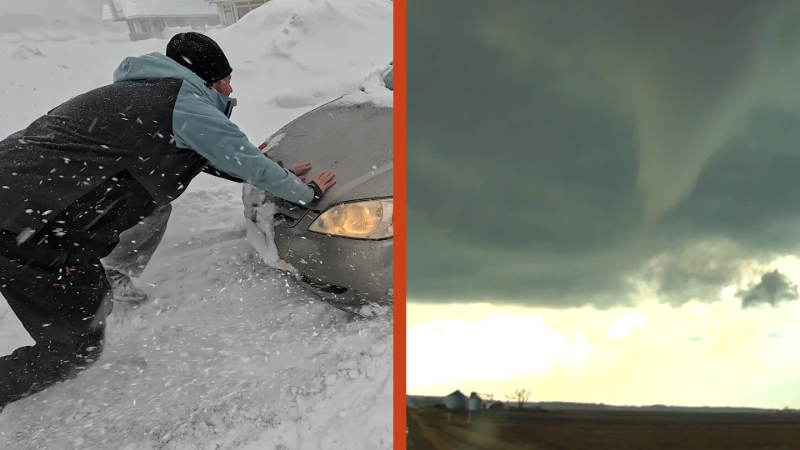Why it's important to stay hydrated during the winter

Photo by Maël BALLAND
Most people don’t think the cold weather is going to make them dehydrated. And many people believe that they sweat less when it is cold outside. However, this is not true. Truthfully, your body sweats just as much in the cold as it does in the heat.
The reason you don’t notice it is because the sweat evaporates faster when it is cold. Remember that there is less humidity in cold weather, and the air is drier. So, your body doesn’t retain moisture as it is sucked away, causing you to become dehydrated. Here's why staying hydrated during winter is essential for your health, and some easy tips to help.
Be sure to drink water
You have to drink water no matter what the temperature is outside. Your body needs fluids regardless if it’s hot or cold. So, you will need to drink the standard 8 cups a day. Each cup should contain 8 ounces for optimal hydration. This is a total of 64oz (half a gallon) of water that you should be consuming daily. People that do not consume this amount of water during winter could experience problems with their health.
What types of problems does dehydration cause the body when it’s cold?
There are many problems that people experience when they’re dehydrated in the cold. First, a person’s immune system is not as strong when they’re dehydrated. They become prone to colds, illnesses, and other illnesses. Another problem that arises from dehydration during the winter months has to do with fatigue. People who don’t stay hydrated tend to tire quicker than those who do. When it’s cold outside, the icy weather will cause your dehydrated body to burn out at a faster pace.
Colder temperatures fool your brain and body into believing your not losing fluids. However, you are losing about the same amount of moisture as you do during the winter. Also, your blood is being primarily drawn toward the middle (core) part of your body. This effect is necessary for keeping your body warmer during the winter. This bodily function causes your body to eliminate more urine when it’s cold.

Photo by Alina Vilchenko
We all notice the “breath cloud” that comes from our mouths when it’s cold outside. However, what you might not realize is that the breath you see in the cold air is actually moisture. Every time you see that moisture, your body is losing moisture. The bottom line is that your body is constantly losing hydration during the freezing temperatures. The colder the temperature, the more moisture you will lose.
Remember that cramps, dizziness, headaches, constipation, sticky mouth, sleepiness, and dry skin are symptoms of dehydration. Also, if you’re not feeling well, being dehydrated could be the source of your sudden malaise. If you are experiencing any of these problems, try drinking some water to see you’re your body responds. Give yourself at least an hour to see if you’re feeling better.
What are some other great ways to stay hydrated during the winter?
There are other things that you can do to keep moisture in your body during the winter months. First, drink warm water with a splash of lemon or lime juice. Hot or warm fluids will help to keep your body’s temperature high in the cold. This will help to replace some of the moisture you’re losing. However, you must be careful not to let it evaporate quickly. Don’t try to drink too many caffeinated beverages such as coffee, tea, or soda.
Dress in layers and take one at a time if you get overheated. Don’t keep on the layers just to stay warm. Your clothing layers and coats will start to absorb the moisture. This, in turn, will cause the cold to make you shiver more, and your body will continuously lose more heat and moisture, trying to stay warm. Just remove each layer to keep you warm enough to remain in the cold.
To many people's surprise, it is a good thing for your body to be a little cold during the winter months. This will help your body’s temperature to stay regulated. You don’t want to always be warm in the cold. Once that warm feeling starts to go away, it will be hard for your body to get it back again.
Limit your time outside in the cold if you can. Make sure to keep your layers loose against your skin. This will allow more airflow and overheating won’t be a problem when you go inside. These tips will help you to retain more moisture in your body and ensure that you do not dehydrate during the winter season.
Report a Typo











